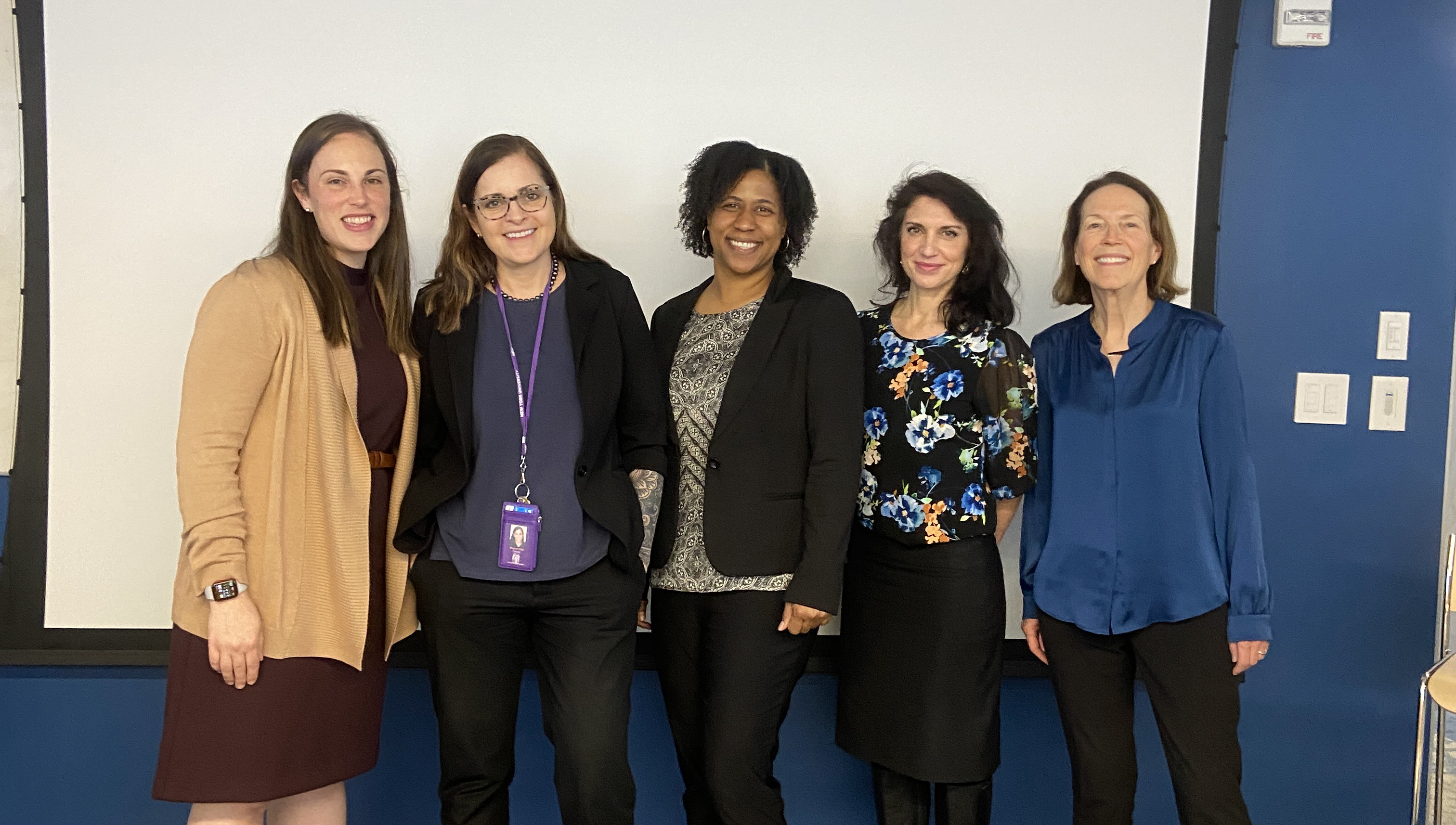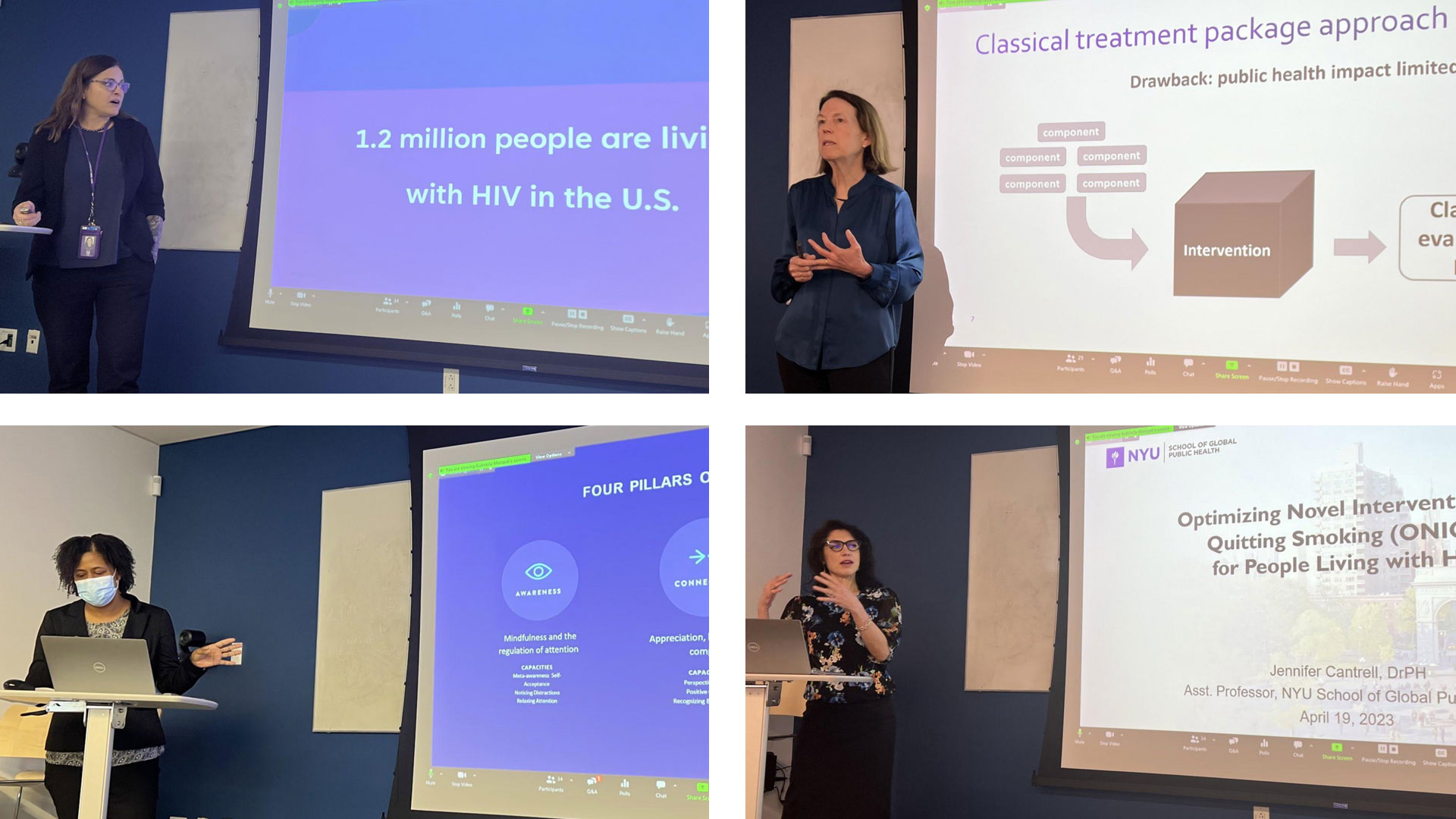
Human behavior is a determining factor in many diseases, both non-communicable (cancer, heart disease) and communicable (HIV, COVID-19). Interventions aimed at changing human behavior, for example helping people to quit smoking or to engage fully in the HIV care continuum, could potentially save hundreds of millions of lives worldwide.
Faculty in the SBS department in GPH are on the vanguard of a movement to reinvent the scientific paradigm for development of behavioral interventions. Led by GPH’s Center for Advancement and Dissemination of Intervention Optimization (CADIO; led by Dr. Linda Collins), these faculty are working within a framework that integrates ideas from several disparate fields, including behavioral science, implementation science, industrial engineering, decision analysis, and health economics. This framework, which can be applied in any area of public health, enables development of optimized interventions for unparalleled effectiveness and efficiency.

This event offered a brief, nontechnical introduction to the new intervention optimization paradigm (Dr. Linda Collins), and then featured intervention optimization work in HIV (Dr. Marya Gwardz), smoking cessation (Dr. Jennifer Cantrell), prevention of cardiovascular disease (Dr. Stephanie Cook), and child maltreatment (Dr. Kate Guastaferro). An open discussion and a reception then followed.

About the SBS Think Tank
The SBS Think Tank is an initiative to draw from disciplines as diverse as psychology, sociology, anthropology and political science to critically analyze and arrive at strategies to address pressing public health problems. This year's critical discussion theme is “Intervention Science.” Events under this theme will explore how to evaluate and implement interventions based on evidence-based practices. To strengthen MPH students’ skills in this area, we are offering SBS and CHSP students an elective course sequence covering this topic area.